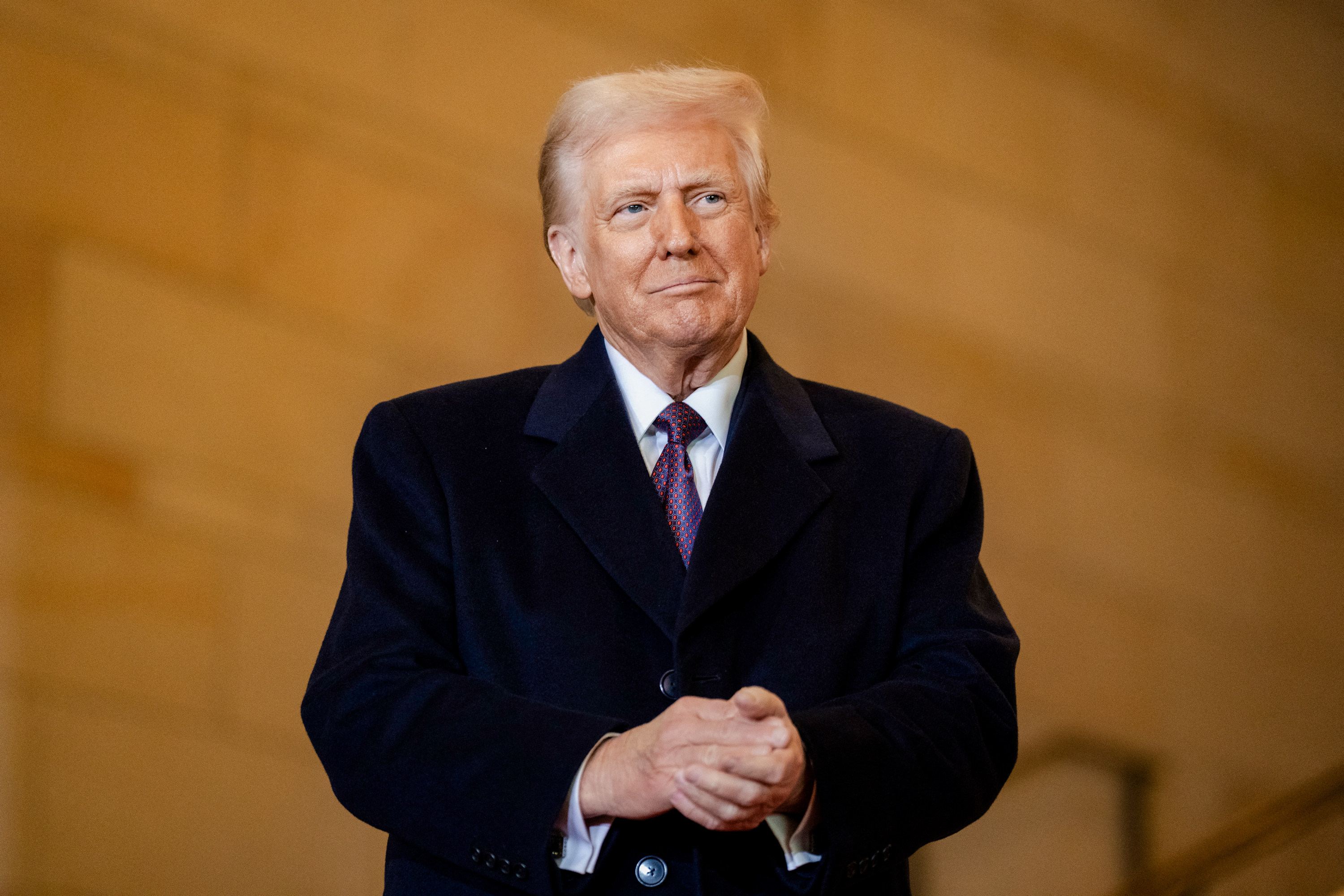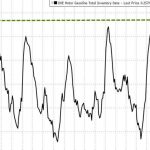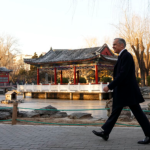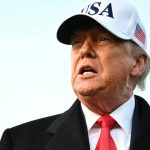![]() (Photo Tasos Katopodis)
(Photo Tasos Katopodis)
French President Emmanuel Macron and German Chancellor Friedrich Merz have pledged to revive the Franco-German partnership, but differences partly related to U.S. President Donald Trump continue to divide the two, Politico reported.
Increased cooperation between the two European countries in areas like deregulation and their countries’ shared migration crisis has been undermined by divisions, according to Politico. This stands in contrast with the public face both sides have put on the relationship.
On his first day in office, Merz visited Paris at the beginning of his term in office and emphasized a “new Franco-German start for Europe,” citing a “deep personal bond” with Macron, the outlet reported. An official in Macron’s office described a similar feeling. “The Franco-German reflex has been rediscovered,” they said.
France and Germany remain split on key issues including European defense and trade policy, with those divisions becoming more pronounced in light of Trump’s potential return to office, according to Politico.
Earlier in July, Merz said Trump was less clearly committed to Europe’s defense than previous presidents in a BBC interview. “And that’s the why we are all looking for more independency from American defense,” he continued
“We know that we have to do more on our own, and we have been free riders in the past, and the Americans guaranteed our freedom and our security. And they are not willing — understandably — they are not wiling to do that any longer, and they are asking us to do more, and we are doing more now,” he said.
However, Germany’s recent actions suggest a more nuanced approach, according to Politico. The country, with Merz at the helm, has supported efforts to supply Ukraine with U.S.-made weapons, a plan backed by Trump and supported by Nordic nations and the U.K. France has opposed that move, instead advocating for more European-made weapons and less reliance on American defense systems.
The two governments’ differences also threaten the development of a European next-generation fighter intended to blunt Europe’s reliance on the F-35. However, a French official deemphasized such concerns, saying Macron and Merz “want to move forward.”
Trade policy has also emerged as a point of contention. Merz has pushed the EU to reach a simplified trade agreement with the U.S. to mitigate Trump’s tariffs, which have been especially hard on German industries. Back in June, the German chancellor argued that the bloc should prioritize industries such as car manufacturing and semiconductors, Politico previously reported.
Macron’s government has taken a harder stance. One French officials anonymously told Politico that the EU should “make it clear that we’re ready to press the red button” if Trump does okay an acceptable trade deal. Another French official claimed that the U.S. is “raising tensions in a trade war it started.”











